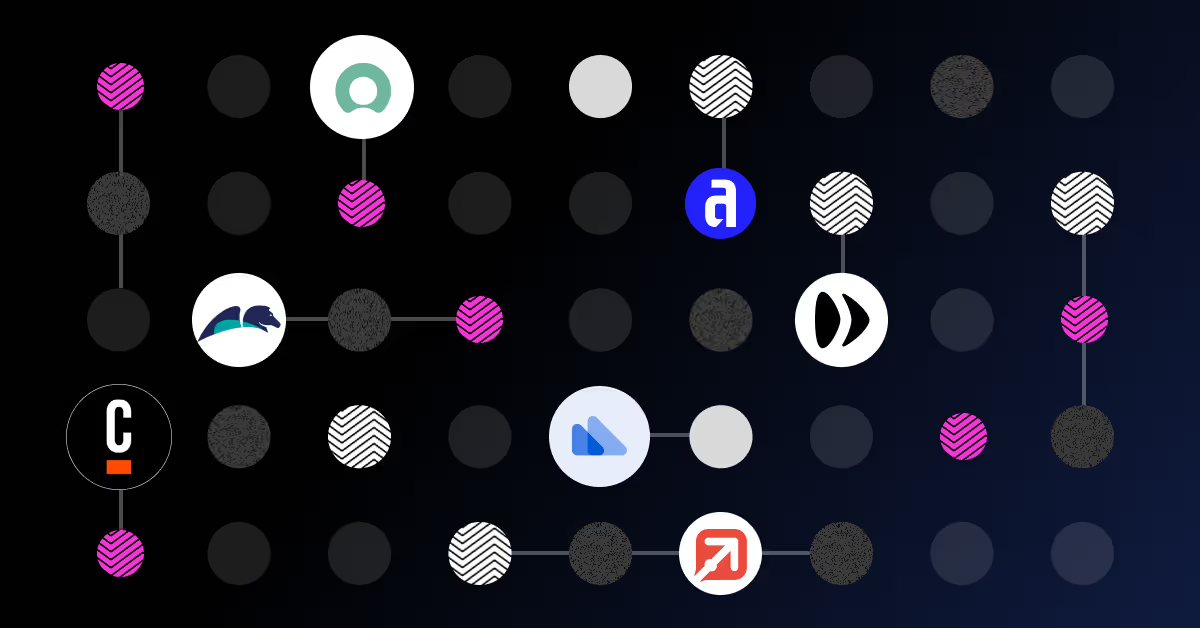What are Shared Services?

The term Shared Services refers to an organisational model where certain functions are handled centrally, rather than being managed by different departments. It’s a model that aims to save money, provide better services, and make everything run more smoothly. The kind of tasks grouped into shared services tend to be non-core processes, so departments are able to focus more on their primary aims.
Where are Shared Services based?
The location of Shared Service centres is influenced by various priorities, like overhead costs, the availability of skilled workers, and overall strategic goals. Centres based in the same country are known as onshore centres, the main benefits of which are better cultural understanding and easier communication. Nearshore centres, on the other hand, balance cost cutting with convenient proximity for better collaboration. The other option is offshore centres, which are located in more geographically distant countries and are usually the preferred choice when looking for significant money savings, although the remote location can present communication challenges.
Types of services that are shared
Finance and accounting
This is an area that is frequently handled by shared services, as financial processes often consume a lot of time and affect numerous departments – as such, they are better managed in one central location. Tasks like payroll and financial reporting can be handled more efficiently when centralised, with less margin for mistakes and delays.
Human Resources
HR is often centralised to help maintain standardised procedures across an entire organisation. Leave and absence tracking, recruitment, and onboarding are all handled in one place to improve the consistency of service, and leave HR professionals free to focus on higher-level work like employee development.
IT Services
Consolidating IT services is a logical move for most businesses, offering a central source for technical support, infrastructure management, and system maintenance. This results in consistent technology support, reduced service downtime, and the ability to optimise IT resources.
Procurement
Centralised procurement covers things like vendor relationship management and purchasing activities. One of the big benefits of procurement being handled by shared services is the ability to negotiate better terms with suppliers for the whole organisation, which results in significant cost savings.
Customer Service
Call centres and help desks require a lot of resources to run, which is why centralising all customer service activities is often a frugal move. It also means that service levels are more consistent, response times tend to be shorter, and the overall quality of customer care is higher.
Examples of Shared Services in different industries
Finance industry
A global financial institution might choose to centralise its accounts payable processes into a Shared Services centre. Once centralised, the firm would be able to standardise financial procedures for the whole organisation, reduce transaction and processing times, and simplify compliance. The end result is more accurate financial reporting, cost savings, and water-tight adherence to regulatory standards.
Hotel industry
Take, for example, a multinational hotel chain that shifts to a shared services model for its HR activities. Recruitment, payroll, and employee benefits management all get centralised, leading to streamlined HR operations, reduced overheads, and a more consistent service for all employees. With fewer administrative responsibilities, the hotel group can focus more on providing the best possible guest experience.
Banking industry
A large bank would likely see the value in setting up a shared services centre for IT support and maintenance. All IT-related issues would be handled by this centre, whether it is basic troubleshooting or the management of complex software systems. This simplifies the process of fixing any IT issues, improving the reliability of their systems, and establishing a stable service for their customers.
How Enate solves Shared Services challenges

There are numerous challenges that can crop up when choosing to shift business functions to shared services. For example, there may be some resistance to change, with employees reluctant to adapt to new procedures and centralised control. There’s also the matter of integration, as the merging of different systems and processes can often be complex. Meanwhile, maintaining service levels can be difficult at first, as the shared services centre may take time to sufficiently meet the needs of different departments.
Enate’s platform helps to address these challenges with an end-to-end process orchestration solution. Here’s how:
- Easy integration: Enate’s platform wraps around your current tech stack for quick and painless implementation, with minimal disruption to operations.
- Simple and scalable: A no-code, drag-and-drop design is easy for everyone to use, customisable, and can scale as needed to handle extra processes.
- Performance monitoring: Real-time insights are on hand to track process performance, identify bottlenecks quickly, and keep service levels high.
- Automation and consistency: Automating routine tasks with Enate establishes consistent standards and frees up employees to focus on more skilled work.
Enjoy Shared Service success with Enate
Ready to transform your operations and achieve greater efficiency with Shared Services? Learn how Enate can help streamline your processes and drive your business forward.
Contact us today for a demo and see the difference Enate can make.






